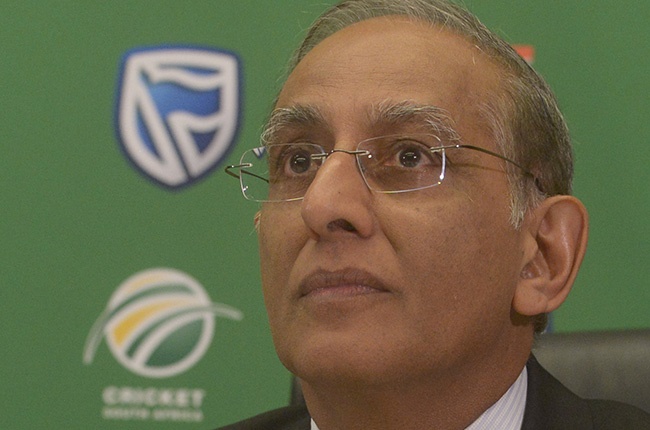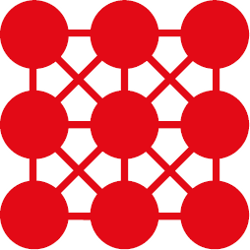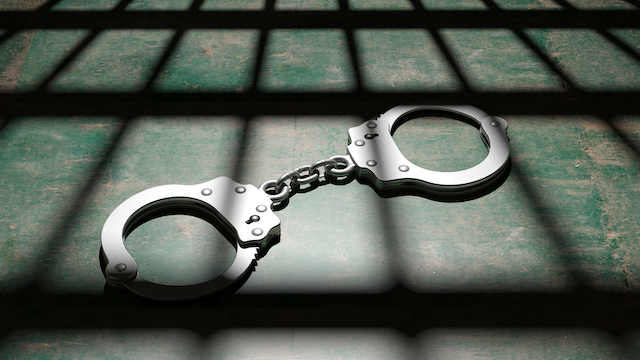

Haroon Lorgat.
(Sydney Seshibedi/Gallo Images)
- Cricket South Africa’s interim board member Haroon Lorgat said the organisation’s internal battles have been costly from an International Cricket Council perspective.
- Lorgat, who is a former ICC chief executive officer, served in the same capacity for CSA from 2013 to 2017.
- CSA has also had three presidents represent them at the ICC over the past year.
Cricket South Africa’s (CSA) interim board member and former chief executive officer Haroon Lorgat said the organisation’s internal challenges have cost them their International Cricket Council (ICC) prestige.
Lorgat, a former ICC CEO, said CSA’s internal battles shifted the focus from ICC matters to domestic ones, thereby allowing important ICC agenda items to be discussed without their input.
Lorgat was speaking at Friday’s virtual media briefing where the majority of CSA’s interim board, which was granted an extension by Sports, Arts and Culture minister Nathi Mthethwa, was present.
“Cricket South Africa has lost its place of prestige around the table. It is no surprise because we had so many internal challenges,” said Lorgat.
“We weren’t able to focus and establish ourselves rightfully at the ICC and from my experience, that allows for an imbalance in the world of cricket.
“There will be a long way for CSA to restore its reputation, as well as it’s place at the table. There is a lot that is ongoing with the ICC, especially with the Cricket Australia matter. CSA needs to get its house in order so it can play a meaningful role around the table at the ICC.”
CSA’s acting member’s council president Rihan Richards said their issues with ICC matters was the unexpected rotation they’ve had when it came to their representatives.
From 2013 until August last year, CSA had a stable presence in the form of Chris Nenzani.
After his tumultuous resignation in August, he was replaced by Beresford Willams, who resigned at the end of October along with the old board.
Richards, who has been holding the fort, also said there were wide consultations with regards to voting for Greg Barclay as ICC chairperson.
“One of the contributing factors to our problem at the ICC is the high turnover of representatives who serve on the ICC board. That’s the major challenge because, in the last six to seven months, we’ve had three people representing us on the ICC,” said Richards.
“After a lot of consultation with all our various stakeholders, we all felt that Greg Barclay’s candidacy should be supported and I did so. I don’t think it plays a role, even though there’s speculation that it reinforces the big three. The basis to support the candidate was based on an informed decision that will serve CSA’s interests.”
Lorgat, who is well-versed in ICC matters, added that there was a possibility of the “Big Three” of India, Australia and England dominating playing cycles to a point of excluding other nations.
Lorgat was CSA CEO in 2014 when changes to the ICC’s financial model were loaded in favour of the three richest nations in world cricket.
Australia, who bailed out of touring South Africa, pulled out all the stops to ensure India visited Australia at the end of last year and earlier this year.
“There is a chance that what was reversed during Shashank Manohar’s time could reform itself as what is loosely referred to as the ‘big three’. We’re seeing a lot of fixtures between those countries to the detriment of the others,” Lorgat said.





